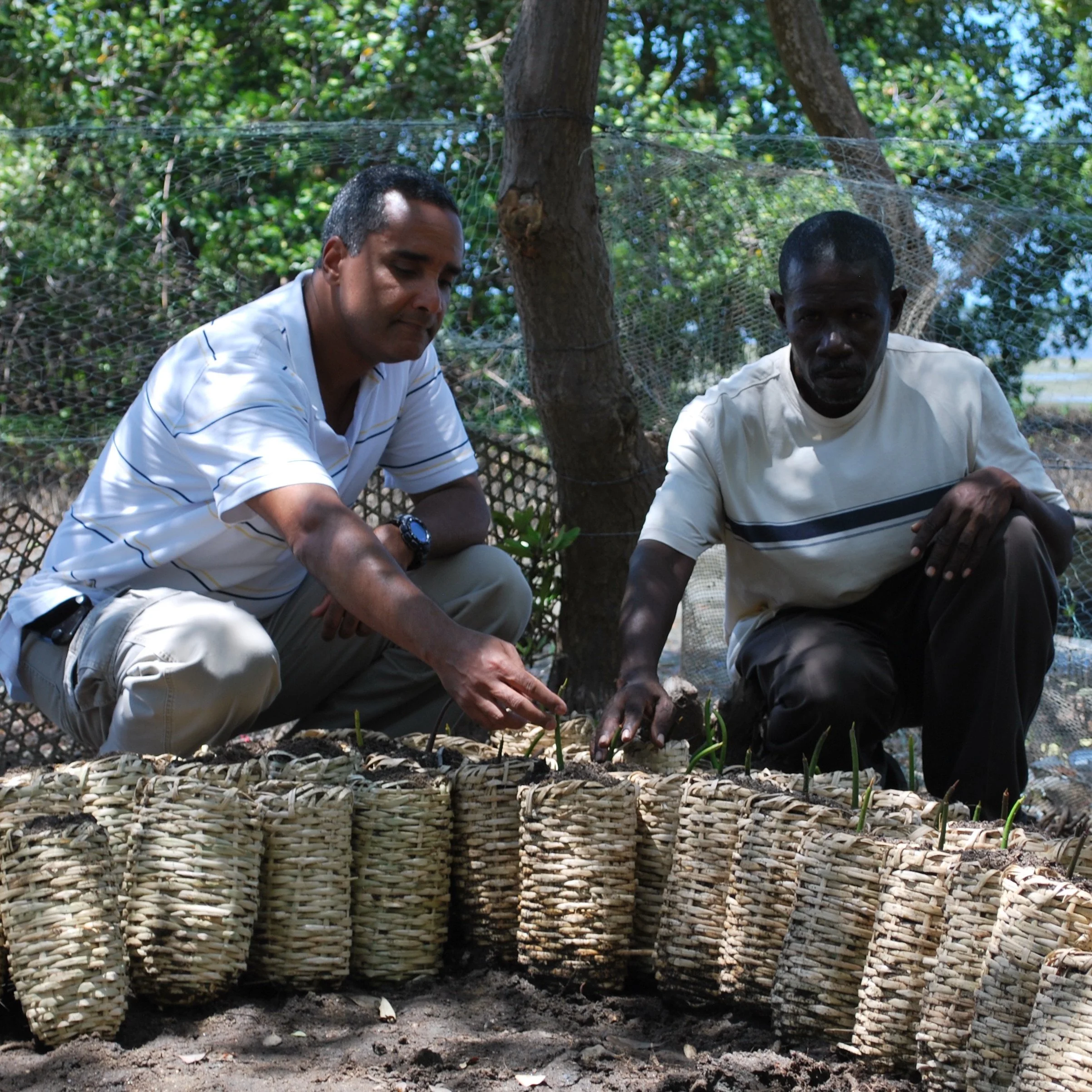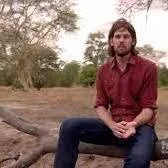Shark Scientist, Science Communicator, TV Presenter & Author MELISSA CRISTINA MARQUEZ - Highlights
/Shark Scientist, Science Communicator, TV Presenter & Author
A lot of people when you think of sharks, you think of hammerheads, great white sharks, tiger sharks, but there’s so much more diversity than just that. There’s over 500 different species and on average we’re discovering new species every two weeks, not just of sharks, but also their cousins, the stingrays, skates and sometimes the chimeras as well. And so knowing that diversity exists, for me it’s really important to get that message out there.





